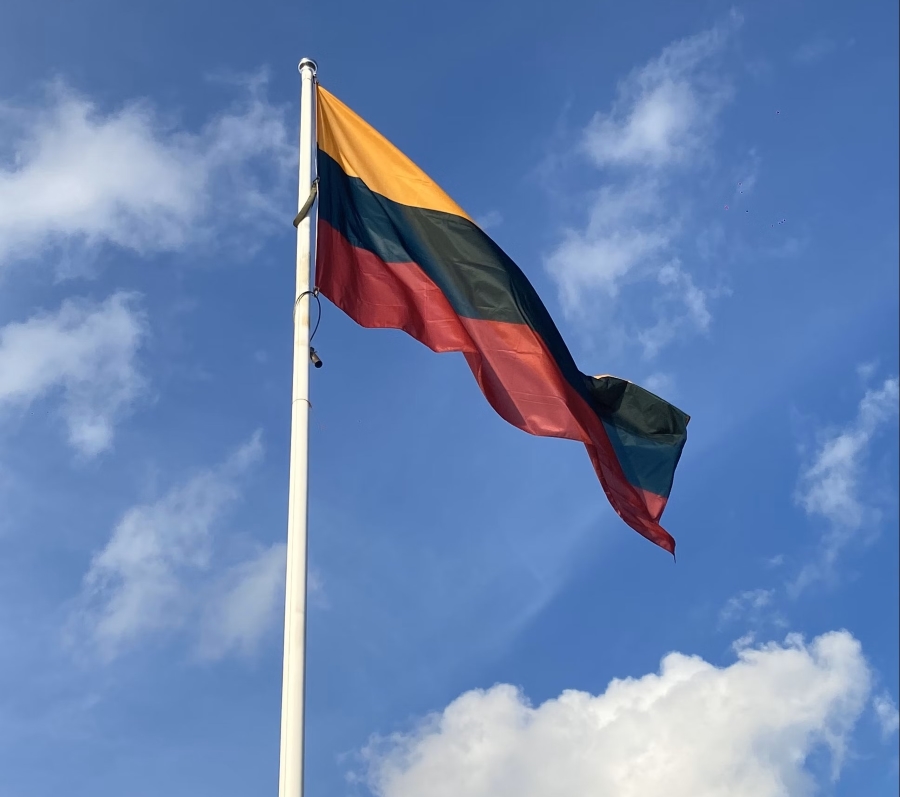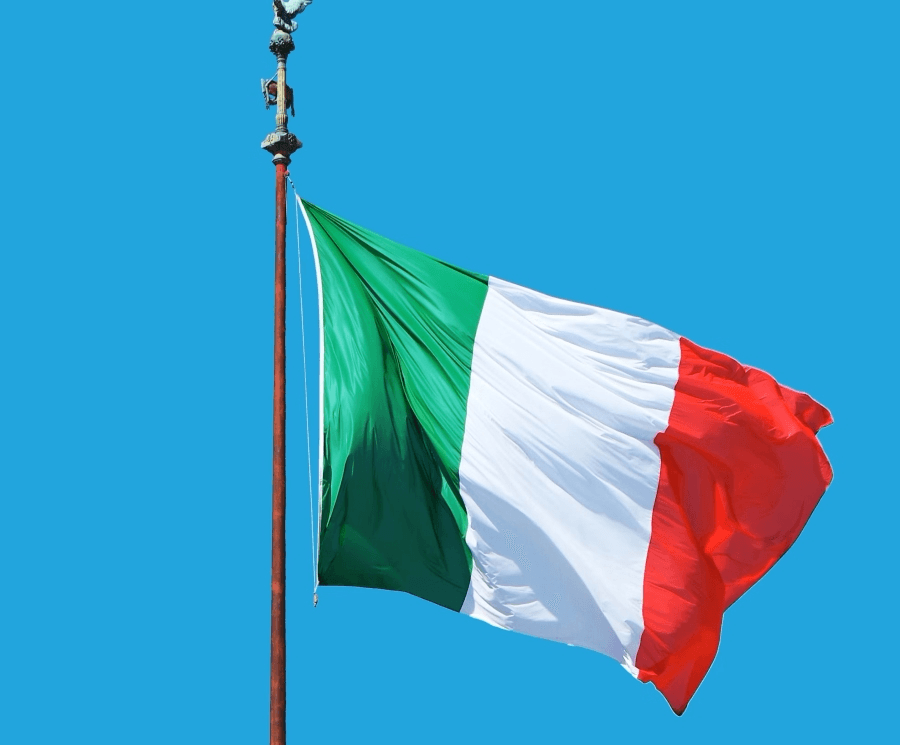MGM Very Interested In Thailand & UAE Resorts
Share This Tags
Bill Hornbuckle CEO of MGM
MGM Resorts International, has expressed its interest in both the Thailand gambling market and the expansion of its operations in the United Arab Emirates (UAE).
Thailand, a popular tourist destination, has been considering the legalization of casinos. The Thai government has proposed issuing between five to eight casino licenses, with prime locations being key economic zones like the Eastern Economic Corridor, Phuket, and Chiang Mai. These locations are seen as ideal for the establishment of Entertainment Complex (EC) establishments.
One of the factors that make Thailand an attractive market for MGM Resorts is the estimated margins and the relatively low tax rate proposed by the government. The Thai government plans to tax gross gaming revenue (GGR) at a rate of 17 percent, which signals a welcoming environment for investors. William Hornbuckle, the CEO and President of MGM Resorts International, expressed his optimism about the Thai gaming market, stating that the potential returns make it a compelling opportunity.
“Thailand is interesting. Obviously, it’s fully within the government’s control and hands at this point. The dialog to date has been encouraging. We will see. The cost to do business there, the margins that could be had would be compelling, very,” Hornbuckle said during a recent conference call.
Apart from exploring opportunities in Thailand, MGM Resorts International is also focusing on expanding its presence in the United Arab Emirates (UAE). The UAE, with its growing economy and strong tourism industry, presents an enticing market for the gaming industry. MGM is not the only player eyeing the UAE; other industry giants like Wynn Resorts have also expressed their interest.
Wynn Resorts has already made significant progress with its $3.9 billion project on Al Marjan Island in Ras Al Khaimah. MGM, on the other hand, is developing a non-gaming resort in Dubai, the UAE’s largest city. The resort will feature three hotel towers with a total of 1,500 rooms, branded under the Aria, MGM Grand, and Bellagio names.
“I think there’s enough indicators there, enough work has been done to recognize that either Abu Dhabi of note, or one of the other Emirates will come to life. Wynn has a project in the ground and is waiting for national legislation and regulatory framework. So, I think that would be the most affirmative,” Hornbuckle stated, highlighting the progress being made in the UAE.
While both Thailand and the UAE present lucrative opportunities, there are challenges that need to be addressed. In Thailand, the government’s control and regulations play a crucial role in the establishment and operation of casinos. The final decision on the legalization and licensing of casinos lies in the hands of the Thai government, and it remains to be seen how the process unfolds.
In the UAE, the gaming industry is still in its nascent stage, and regulations surrounding the establishment of casinos are yet to be finalized. However, with significant investments and projects already underway, it is expected that the UAE will open up to the gaming industry in the near future.
Looking ahead, MGM Resorts International is optimistic about the growth prospects in both Thailand and the UAE. The company believes that the potential returns and the strategic positioning of its projects will contribute to its overall success in these markets. As the gaming industry continues to evolve and expand, MGM Resorts International aims to establish a strong presence in emerging markets and capitalize on the growing demand for world-class entertainment experiences.



 2024-05-03
2024-05-03















